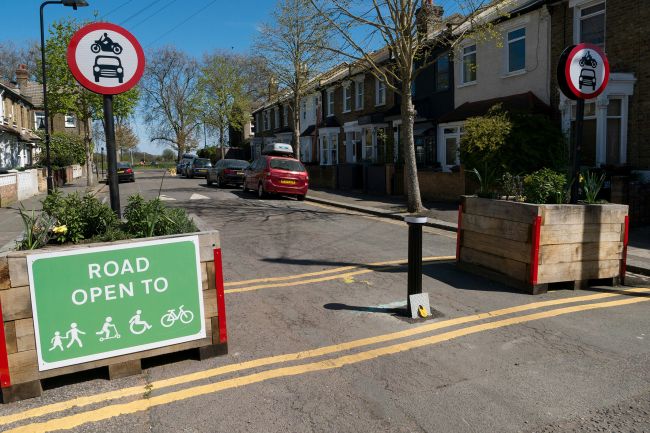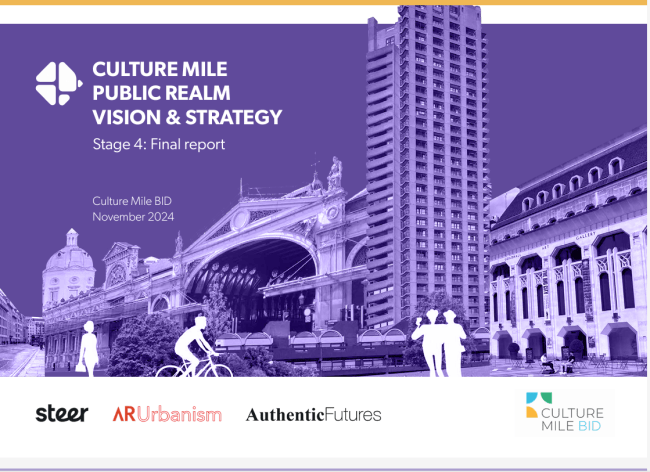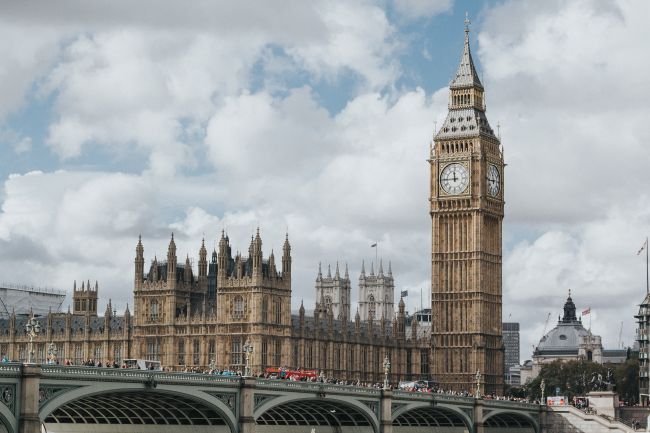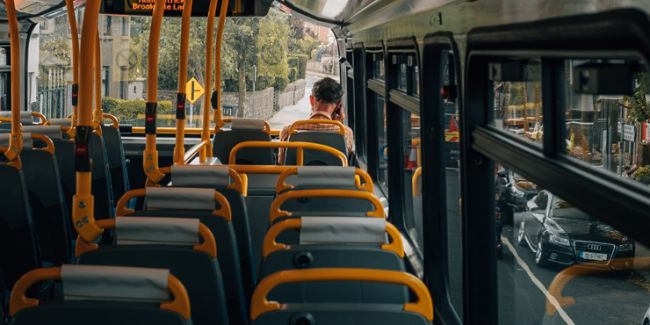Improving forecasts through ‘Nudge’ theory
It is notoriously difficult to predict what’s going to happen with new technologies.

It is notoriously difficult to predict what’s going to happen with new technologies. However, being able to do so is of uttermost importance in the transport sector. Behavioural Economics, if applied correctly, can help in this almost impossible quest of predicting the speed of adoption of new technology. To illustrate this, we use two very different types of technology, Uber and Electric Vehicles.
At the moment, with all the various emerging technologies affecting the transport industry, such as autonomous vehicles, Mobility as a Service, or Shared Transport solutions, it has never been more important to be able to predict the speed of adoption of new technologies and its impacts.
These innovations could transform our communities and cities and have a profound impact on society and the economy. This is only if city planners take advantage of the opportunities the new technologies offer, while also mitigating their unintended negative consequences, and for this to happen we need certainty and data.
To illustrate how Behavioural Economics can help with predicting the speed of adoption of new technology we use two very different types of technology: Uber, the cab booking app, and electric vehicles (EVs). Both technologies have proved to be successful, but the rate of adoption for them has been quite different. Uber has gone from being a start-up to a £50 billion multinational in seven years, a rate of growth which few expected. On the other hand, electric vehicles (or EVs) have only really started to take off in 2016, after ten years, with adoption at the low end of forecasts.
Introducing Behavioural Economics
Behavioural Economics can be viewed as a set of principles, derived from observations, which help to explain human behaviour. It has developed out of a desire to explain outcomes which are at odds with those expected from a classical economics viewpoint. While more commonly thought of in the context of influencing (or ‘nudging’) behaviour, it is equally applicable to predicting the take-up of new technologies The impact of some of the principles of Behavioural Economics are summarised below in the context of the consumer reaction to Uber and EVs.
• Herd behaviour - Clever marketing has enabled Uber to become fashionable among its key target audience and even when it was small, it behaved as though it was big. EVs, on the other hand, are still seen as a niche product.
• Habits - For people already using mobile phone apps (the majority of smartphone users), using a cab booking app is not an issue and it is just part of the smartphone user habit. The same is not the case for EVs, where there is a need to break the habit of buying a petrol- or dieselpowered vehicle.This requires a significant intervention and a clear reason for considering change.
• Being seen to be good - This potential positive for EVs has been challenged by the negative media coverage concerning their environmental credentials, combined with messages that something much cleaner (hydrogen fuel cells) is just around the corner. Uber can be seen to be good for the environment by making it unnecessary to own a car.
• Empowerment - A key feature of the Uber app (and indeed other cab booking apps) is that they are all about empowering users, by giving them control and information, including the ability to rate drivers. In contrast, the issue with EVs (albeit more perceptual than actual) is ‘range anxiety’, which reflects a lack of control over the ability to refuel at any time.
• Relativity - For cab booking apps relativity is a positive factor, as they are seen to be cheaper than taxis, while for EVs the reverse is the case as they are perceived to be more expensive than petrol or diesel vehicles (see also short-termism).
• Short-termism - This is a major challenge for EVs, since a higher short term cost is being traded off against long term running costs. There is no equivalent issue with cab booking apps as there is no up-front cost; also savings are immediate, especially with the incentives used to encourage sign-up.
• Messenger - Uber’s success has been fuelled by the role played by Uber users themselves in spreading the message (which they are incentivised to do by money-off promotions). There is no equivalent ‘voice’ extolling the benefits of EVs.
Implications and applications
This comparison between Uber and EVs helps to illustrate how Behavioural Economics can be used to help understand the issues related to the adoption of new technologies, and how the process of adoption can be speeded up. A topical current example is autonomous vehicles, where we can see that the empowerment principle is a key factor, since they involve giving up a degree of control. On the other hand, if the aim is to encourage their adoption, the short-termism, being seen to be good, and relativity principles might be deployed through attractive pricing models which encourage sharing, and the use of environmentally friendly vehicles such as EVs.




















